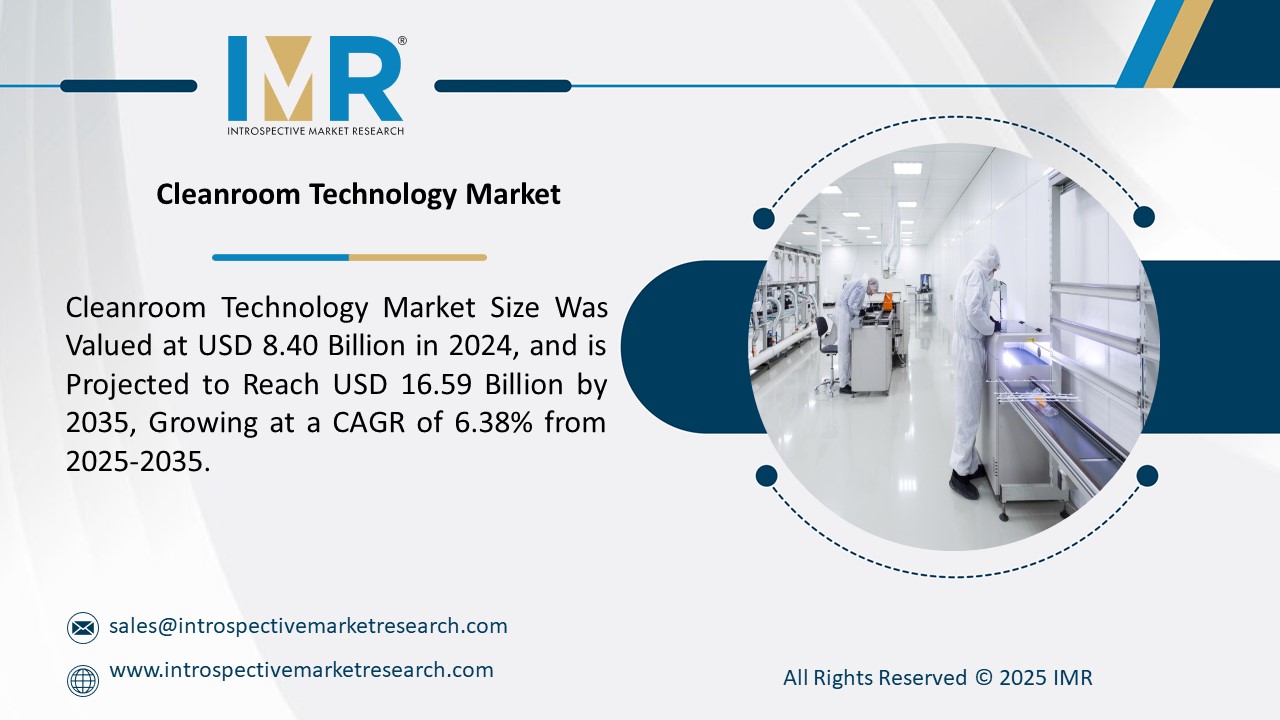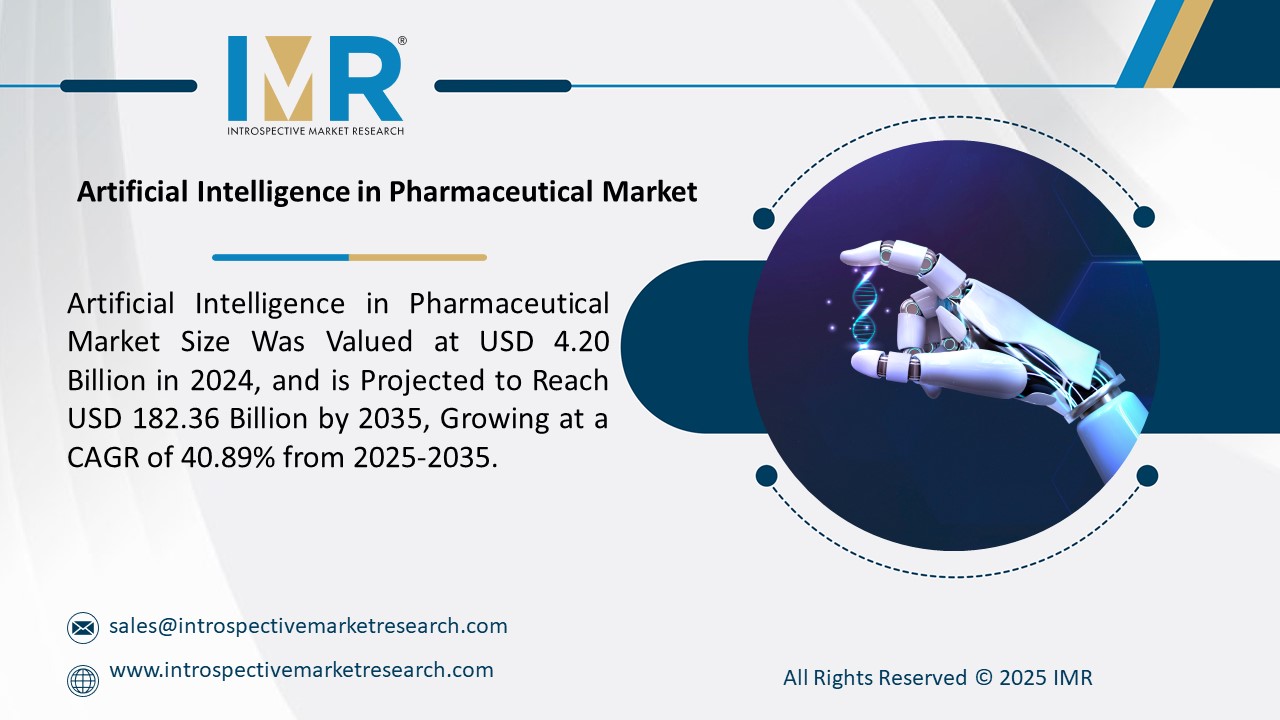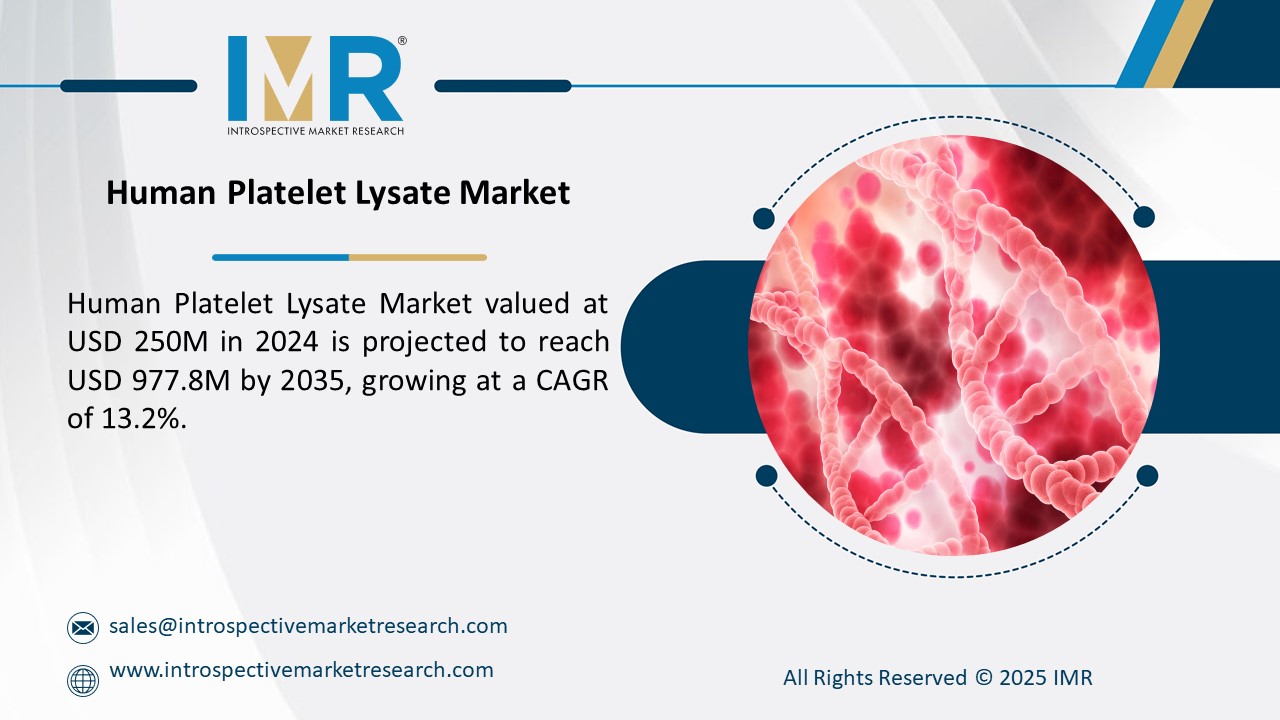Fiducial Markers Market
According to a new report published by Introspective Market Research, titled, ?Fiducial Markers Market by Product, by Modality, by Cancer Type, by End-User: Global Opportunity Analysis and Industry Forecast, 2024?2032,?
The global Fiducial Markers Market was valued at USD 139.20 million in 2023 and is likely to reach USD 282.93 million by 2032, increasing at a CAGR of 8.2% from 2024 to 2032.
Fiducial markers, also known as fiducials, are small metal implants (about 3 mm in size) that are inserted into the body through a fine needle to guide radiation therapy. The marks themselves are not painful and you do not feel them inside. Fiducials are most commonly used in prostate cancer patients receiving external beam radiation therapy. But they can also be used to treat other soft tissue cancers, such as lung, head and neck. In the case of external beam radiation, a machine is used that directs targeted radiation therapy exactly to the location of the tumour. Because radiation can cause side effects to normal healthy cells, it is important that the doctor directs the radiation beams directly at the tumour. Benchmarks are often used to achieve this. If the seeds are in place, they are clearly visible on X-rays. Your treatment team uses markers to know exactly where to direct the radiation. Because organs and tissues in your body can move slightly, reference markers make it easier for your radiation oncologist to provide accurate treatment every time.
Reliable markers enable more precise radiation therapy, meaning that radiation is more likely to kill cancer cells and less likely to reach healthy cells, reducing the side effects of the procedure. Overall, the confidence marker is a safe and well-tolerated procedure and can help direct therapy to the right place while preserving healthy cells. But medical procedures always have the potential for side effects.
The main catalyst for the increase in demand for fiducial markers is the increasing incidence of cancer in different parts of the world, especially prostate, lung and breast types. These markers play a key role in image-guided radiation therapy (IGRT), which is known for its precision in delivering radiation directly to cancerous tumors while sparing the surrounding healthy tissues from unnecessary exposure. In IGRT procedures, landmarks are the most important landmarks or key points. They allow doctors to precisely determine the location of tumors and direct radiation beams precisely to them. This precision is crucial to ensure that the treatment is effective in killing cancer cells while minimizing damage to external organs and tissues. For example, in the treatment of prostate cancer, the prostate is strategically implanted near the prostate during radiotherapy sessions. This real-time monitoring allows doctors to immediately adjust the radiation and ensure that the tumor receives the targeted therapeutic dose while preserving the integrity of adjacent critical structures such as the bladder and rectum. In lung and breast cancer, the reference values ??are valuable guidelines for precise delivery of radiotherapy even when the tumors are located near sensitive organs or tissues. By facilitating such precise targeting, benchmarks significantly improve treatment outcomes and reduce the risk of adverse side effects.
Fiducial markers are used in image-guided radiation therapy to target malignant areas while sparing healthy tissue. Due to the increase in cancer diagnoses, the demand for confidence markers is increasing worldwide. With more than 4 million cases per year, lung and breast cancer are the most common adult cancers worldwide. As a result, governments and health organizations are working harder to ease the pressure of highly complex procedures. Evidence shows that patients with stage IV non-small cell lung cancer with only a few extrapulmonary metastases live longer if they receive extensive radiation therapy. On the other hand, open surgery has been shown to be effective in the treatment of malignant tumors of the cervix in their early stages. Therefore, fiducial markers are in high demand. Growing demand from hospitals for advanced trust markers, government and non-profit R&D investments, advanced medical devices and other hospital products is driving the need for a fiducial marker market.
Global Fiducial Markers Market, Segmentation
The Fiducial Markers market is segmented on the basis of Product, by Modality, by Cancer Type, by End-User, and region.
Product:
The type segment is further classified into Metal-based Markers, Polymer-based Markers, Others. Among these, the Metal-based Markers sub-segment accounted for the highest market share in 2023. Metal-based markers, such as markers made of gold or stainless steel, offer unprecedented visibility in imaging procedures such as X-rays, CT scans and MRIs. Their characteristic contrast with soft tissue makes them invaluable for precise localization of tumours during radiotherapy or surgical procedures. This high visibility ensures that doctors can precisely target the affected area, optimizing treatment results and minimizing damage to surrounding healthy tissue. In addition, metal labels are known for their durability and wear resistance, which ensures their visibility and reliability during the processing process.
The biocompatibility of many metal alloys used in reference markers, such as gold or platinum, is a critical factor. These materials are well tolerated by the body, and when implanted in or near sensitive anatomical structures, the risk of side effects or inflammation is minimal. This biocompatibility is essential for patient safety and comfort, especially in long-term implantation scenarios.
End-User:
The application segment is further classified into Hospitals & Outpatient Facilities, Independent Radiotherapy Centres, Cancer Research Centres. Among these, the Independent Radiotherapy Centres sub-segment is anticipated to show the fastest growth by 2032. Independent radiation therapy centers are important players in the fiducial markers market because of their focus on specialty and patient care. These centers specialize in the provision of radiotherapy services, resulting in increased patient volume in treatments such as image-guided radiotherapy (IGRT), where tumor localization is essential by fiducial marker. To ensure the best results, independent centers prioritize investment in advanced technologies and tools, including fiducial markers, to improve treatment accuracy. One of the main advantages of independent radiation therapy centers is their flexibility in terms of treatment schedules and personal care. Unlike large hospital facilities, these centers offer greater flexibility, allowing them to tailor treatment plans to each patient's needs. This patient-centered approach involves the strategic use of benchmarks to ensure that treatment is precisely targeted to the location of the tumor, maximizing efficacy and minimizing side effects.
Independent radiotherapy centers are at the forefront of innovation by investing in cutting edge technology. They often use state-of-the-art equipment and advanced imaging systems that integrate seamlessly with benchmarks. This integration enables precise tumor localization and precise radiotherapy, further improving treatment outcomes.
Region:
The Fiducial Markers market in North America is projected to show the fastest growth by 2032. North America holds an important position in the fiducial marker market due to several key factors. Its state-of-the-art healthcare infrastructure has modern medical facilities and state-of-the-art technology along with qualified healthcare professionals. This robust infrastructure facilitates the widespread adoption of fiducial marker in a range of medical procedures, particularly radiotherapy and image-guided interventions. The relatively high incidence of cancer in the region, especially in the United States, increases the demand for advanced cancer treatments. Fiducial markers are widely used in radiation therapy and other cancer treatments to precisely target tumors, improving patient outcomes. North America is a center of technical innovation in the field of medical devices.
The region is home to many companies that develop and manufacture fiducial markers and related technologies. Supported by a strong R&D ecosystem, continuous advances in brand design, materials and imaging methods drive market growth and product innovation. Strategic partnerships and collaborations between companies and healthcare stakeholders will further accelerate the implementation of fiducial markers in clinical practice. Collaboration with leading healthcare providers, research institutes and academic centers facilitates the development and commercialization of innovative branded solutions, contributing to market expansion.
Some of the leading Fiducial Markers market players are
- IBA Dosimetry GmbH (Germany)
- CIVCO Radiotherapy (United States)
- CIVCO Medical Solutions (United States)
- IBA Dosimetry (United States)
- Best Medical International, Inc. (United States)
- Naslund Medical AB (Sweden)
- Beekley Medical (United States)
- Boston Scientific Corporation (United States)
- Klarity Medical Products (United States)
- Elekta AB (Sweden)
Key Industry Developments
- In March 2024, Marker Detector: A method for robust fiducial marker detection in electron micrographs using wavelet-based template, A novel statistic-based filter strategy is proposed to improve the quality of the candidates by removing the candidates that have a low likelihood of being a fiducial marker
- In Dec 2023, Orbit Fab and Australia?s Space Machines Company cooperate on in-orbit servicing, Australian in-space servicing startup Space Machines Company announced plans Dec. 5 to work with U.S. on-orbit refuelling startup Orbit Fab to validate and demonstrate key technologies
Key Findings of the Study
- The main catalyst for the increase in demand for fiducial markers is the increasing incidence of cancer in different parts of the world, especially prostate, lung and breast types.
- Fiducial markers are used in image-guided radiation therapy to target malignant areas while sparing healthy tissue.
- Metal-based markers, such as markers made of gold or stainless steel, offer unprecedented visibility in imaging procedures such as X-rays, CT scans and MRIs.
- The Fiducial Markers market in North America is projected to show the fastest growth by 2032.






